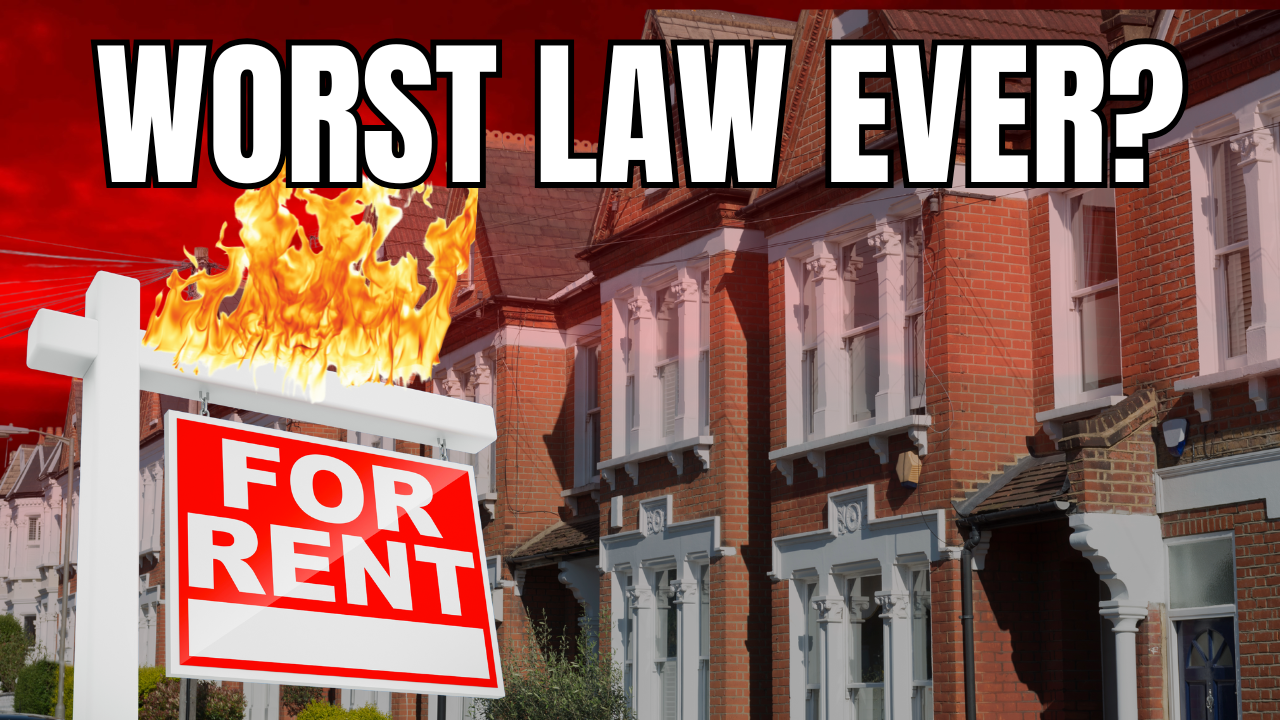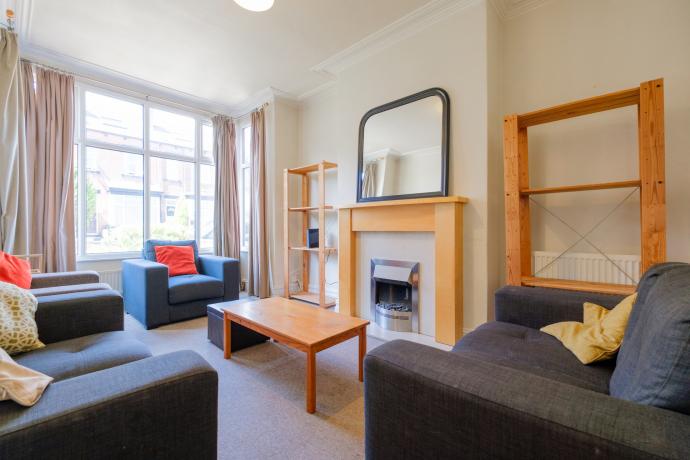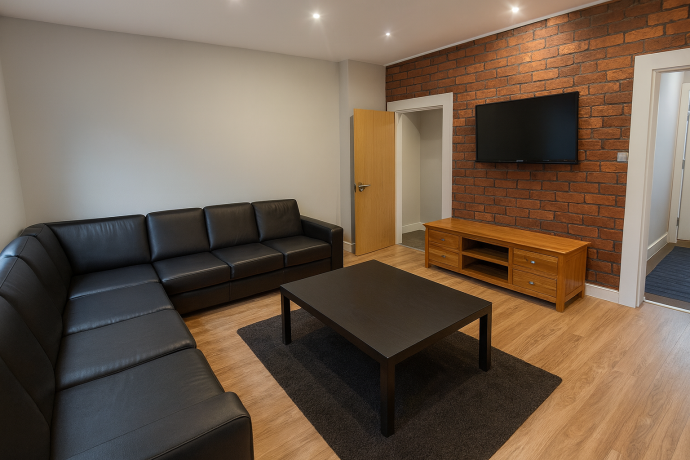
December 2017 the government announced its intention to extend mandatory licensing for Houses of Multiple Occupancy (HMO) properties across England and Wales.
At present, an HMO requires a license if it meets the following criteria:
- It is rented to a minimum of 5 people living in two or more single households.
- The accommodation is situated over three or more storeys.
- The occupiers share basic amenities such as washing and cooking facilities.
A licensed HMO requires a landlord to provide a minimum standard of safety for their tenants. This is in addition to the requirements set out in the Management of HMO Regulations 2006 (as updated in 2007).
The government proposes to extend the mandatory licensing to five or more people only, i.e. they will be dropping the three storey rule.
Although an effective date hasn't been set, it seems likely the proposal will come into force as early as October 2018.
The government proposes to extend the mandatory licensing to five or more people only I.e. they will be dropping the three storey rule.
The proposal will have cost implications for landlords currently renting to 5+ people in flats and houses situated over one or two storeys. These costs will comprise additional health and safety obligations, as well as the cost of purchasing an HMO licence. In Leeds, an HMO licence is circa £800 for a five year period, however, no further details on the cost of any additional licences have been provided yet.
So why does the government want to drop the existing three storey rule? Some landlords have skirted around existing legislation to avoid the increased cost of compliance which has resulted in poor quality rented accommodation nationwide. The change in licensing requirements is intended to eliminate these situations and result in better quality rented accommodation. However, the proposal shouldn't impact responsible landlords a great deal as they already offer good quality rental properties.
If landlord's caught by the changing legislation don't complty, local authorities will be able able to issue civil penalty notices of up to £30,000 per offence as an alternative to prosecution. Furthermore, Rent Repayment Orders (RROs) can be awarded to tenants or local authories where rent or housing benefit is claimed back from the landlord by order of the First-Tier Tribunal.
The changes were only confirmed in a January 2018 government announcement so we'll keep you updated as and when progress allows.
















